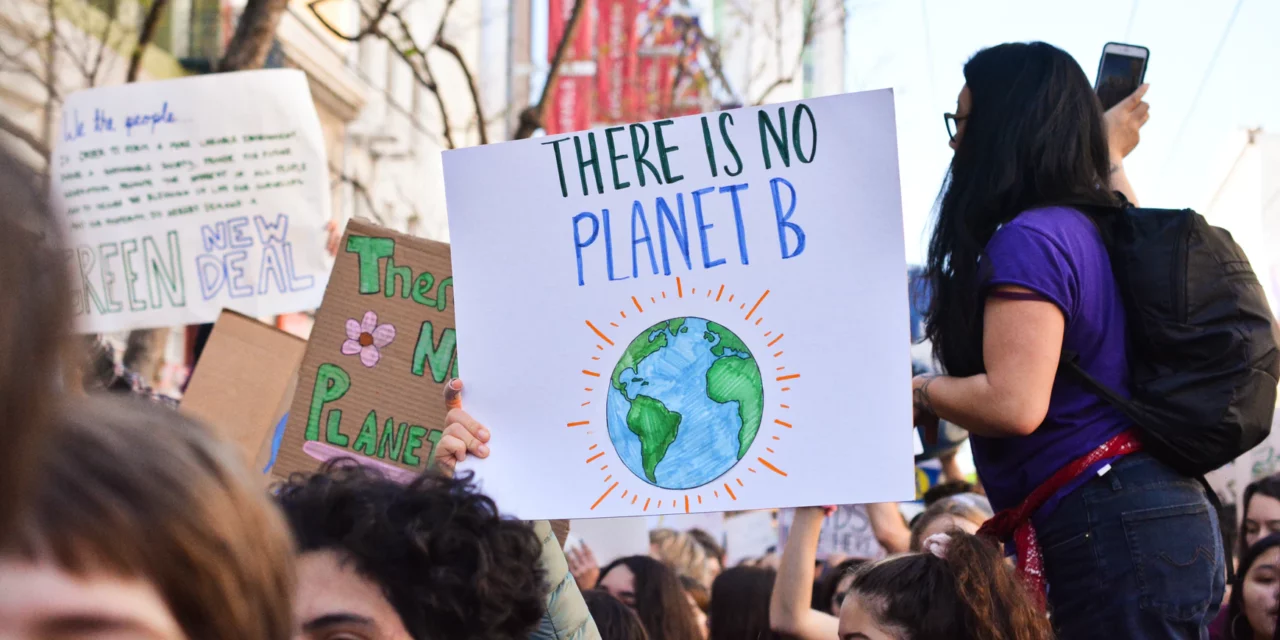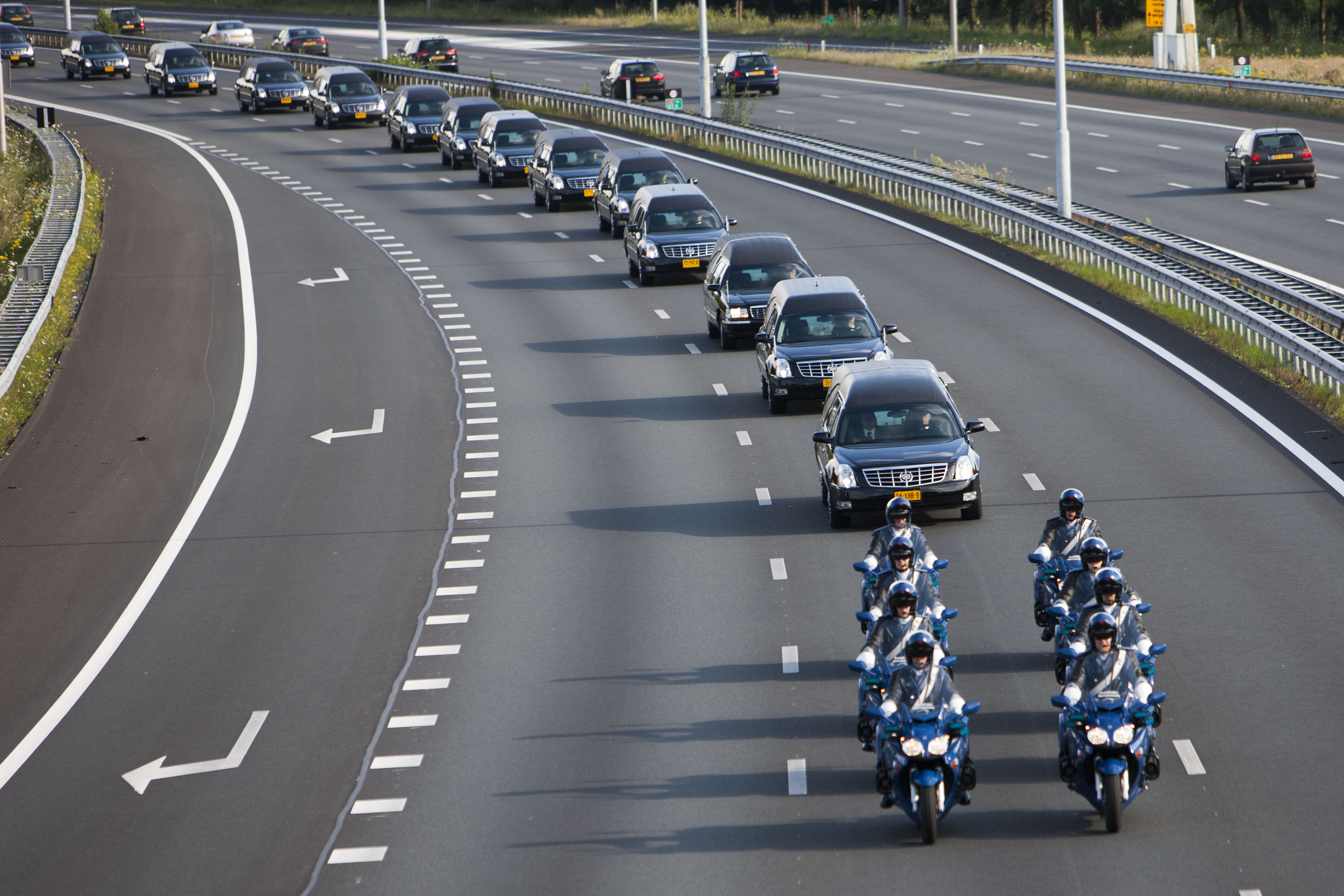As more climate disasters occur all over the world, the issue of sustainability and climate change has gained more attention. Various people and communities are coming up with ways to make their lives greener. In the discussion of climate issues, companies tend to get much of the blame for climate disasters. While it is true that companies deserve to pick up most of the blame for causing climate change, consumers tend to be complacent and lack a sense of accountability about how they contribute to climate change.[1] In this short article I will challenge some views that young people tend to have about sustainability and offer cheap student-friendly ways to be more sustainable.
People and companies have very little incentives to make consumption and production greener. One cause of this is rampant consumerism. Many consumers tend to care about the price of a product and the benefit of owning something rather than whether the goods are made sustainability or in good working conditions.[2] The rise of Shein sales is a good example of this. Shein is a Chinese company known for fast fashion but also poor working conditions and environmental damage but still, Gen Z/students who learn about sustainability in universities are disproportionately buying more and more each year from Shein.[3] Companies are thus In a tragedy of the commons because would rather exploit the environment and reap extremely high profits than to watch other companies do so and knock them out of the competition.[4]
Misconceptions about climate change
Many young people have inaccurate views about sustainability and in this section, I will debunk some of them.
“‘Climate disasters are part of God’s will or fate”
The first thing that needs to be realized is that we cannot keep stating that climate disasters are part of God’s plan or fate.[5] This belief is called fatalism and tends to make people feel as though there is not much that they can do to stop climate change and results in complacency. [6] However, this is quite irresponsible in my opinion. Climate change has been widely researched and we have to hold ourselves accountable for the destruction of our planet. There is a correlation between actions we take and the climate disasters that occur – God has very little to do with it.[7]
“Climate change will affect future generations”
The second thing we must realize is that it is not only the future generations that will be affected by climate issues but our generation too. I do not blame people that think that climate issues are issues for future generations since The UN Brundtland Commission’s definition of sustainability is ‘meeting the needs of the present without compromising the ability of future generations to meet their own needs’.[8] This definition implies that the needs of this generation are already safeguarded and we must allow future generations to meet their needs. However, this is flawed thinking because it will not just be future generations that will bear the consequences of our actions but our generation too.[9]
We are already experiencing many climate nightmares – higher temperatures than ever before which resulted in forest fires that caused mass destruction of wildlife, human life and homes in Australia, The flooding that destroyed Parts of Western Europe during the summer, the earthquakes in Argentina, the cyclones in Mozambique and Zimbabwe. They are our homes that are being destroyed, our grandparents that are drowning in floods, our favorite animals burning to death in veld fires. We are the ‘future generations’ that are suffering and if we don’t take serious action, there is little hope for those after us.
“My action won’t change the world”
It is true that one person becoming more sustainable will not reverse years of damage done to the world.[10] However it can help. Introducing small green habits to your housemates and parents means that those people may also encourage their sphere of influence to be greener and the aggregate of this will be a decent size of people turning to sustainable living.[11] Also, Students are the people that will be making big corporate decisions in the next 10-15 years. If you don’t start living more sustainably today, what makes you think that you will start when you are the CEO of Shell or KLM? At that point, you may have shareholders, trade unions, suppliers and class actions worrying you so much that sustainability may easily fall at the end of your list of priorities. But if you practice it now, it will become second nature so much so that your behavior can change the corporate culture of the company.
Furthermore, as much as we are students, it must be noted that we are voters too.[12] Voting for candidates that care about the environment and have policies that reflect an effort to reduce carbon emissions and other measures that mitigate climate change can have a tremendous positive impact.
What can students do?
“Living sustainably requires huge sacrifices and is costly.”
Sustainable living doesn’t have to mean buying expensive solar systems, electric cars and moving into tree houses. We all know that we are on student budgets and some options may definitely be out of our price range. But this general belief that living a greener life is more expensive is false. Sustainability can also mean not buying from fast fashion sites weekly and when you do have to buy from these sites, couple up with a friend so that you don’t have extra packaging. It can mean donating clothes you don’t like or eating less meat.[13] It can mean turning off your Wi-Fi router when you sleep, switching off lights when not in use, using a hanging line for wet clothes and not a dryer, cycling more, not buying bottled water. Many of these options actually save money and we all know how much students love saving a few euros.[14]
Conclusion
Students have a role to play in the fight towards sustainability. It can be very easy to think that this is an issue that companies have to deal with but we all have a role to play. If we do our part, the aggregate of all our efforts will cause a great impact. Try it, there’s nothing to lose. We all depend on you.
References
[1] Renee Choo, ‘How Buying Stuff Drives Climate Change’ Columbia Climate School:State of the Planet 16 December 2020<https://news.climate.columbia.edu/2020/12/16/buying-stuff-drives-climate-change/>
[2] Katherine White, David J. Hardisty, and Rishad Habib ‘The Elusive Green Consumer :People say they want sustainable products, but they don’t tend to buy them. Here’s how to change that.’ Harvard Business Review July-August 2019 <https://hbr.org/2019/07/the-elusive-green-consumer>
[3] Priya Evans, ‘Worst of the worst’: why is fast fashion retailer Shein launching a reality show?’ The Guardian 29. August 2021
<https://www.theguardian.com/fashion/2021/aug/29/fast-fashion-retailer-shein-design-reality-show>
[4]Bouckaert L. (2012) Business and the Tragedy of the Commons. In: Bonanni C., Lépineux F., Roloff J. (eds) Social Responsibility, Entrepreneurship and the Common Good. Palgrave Macmillan,
[5] Kashmira Gander ‘What evangelical Christians really think about climate change‘ Grist 18 October 2019 <‘https://www.google.com/amp/s/grist.org/culture/what-evangelical-christians-really-think-about-climate-change/amp/>
[6] ibid.
[7] IPCC, 2012: Managing the Risks of Extreme Events and Disasters to Advance Climate Change Adaptation. A Special Report of Working Groups I and II of the Intergovernmental Panel on Climate Change [Field, C.B., V. Barros, T.F. Stocker, D. Qin, D.J. Dokken, K.L. Ebi, M.D. Mastrandrea, K.J. Mach, G.-K. Plattner, S.K. Allen, M. Tignor, and P.M. Midgley (eds.)]. Cambridge University Press,
[8] United Nations, Academic Impact
[9] Nath B. (2000) Some Issues Of Intragenerational And Intergenerational Equity And Measurement Of Sustainable Development. In: Nath B. (eds) Sustainable Solid Waste Management in the Southern Black Sea Region. NATO Science Series (Series 2: Environment Security), vol 75. Springer <https://link.springer.com/chapter/10.1007%2F978-94-010-0940-9_1>
[10] Michael D. Doan ‘Climate Change and Complacency’ (2014) 29(3) Hypatia pp. 634–650. http://www.jstor.org/stable/24542021
[11] Melissa Denchak ‘How You Can Stop Global Warming’ NRDC July 17, 2017
<https://www.nrdc.org/stories/how-you-can-stop-global-warming>
[12] ibid. (n 10) 637
[13] Michael Ofei ‘100+ Simple Tips To Live a More Sustainable Lifestyle’ The Minimalist Vegan 29 July 2021<https://theminimalistvegan.com/live-a-more-sustainable-lifestyle/>
[14] ibid.








